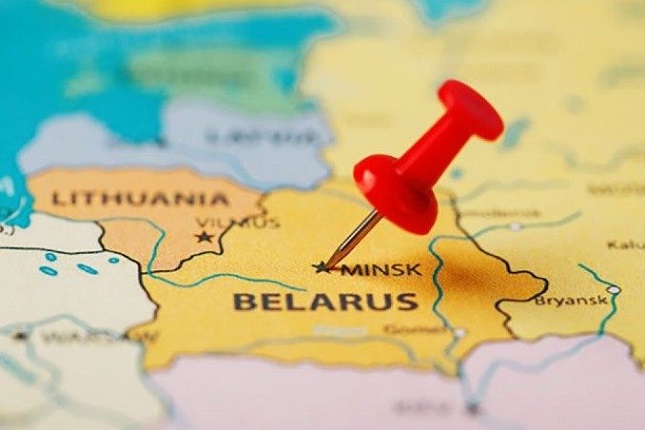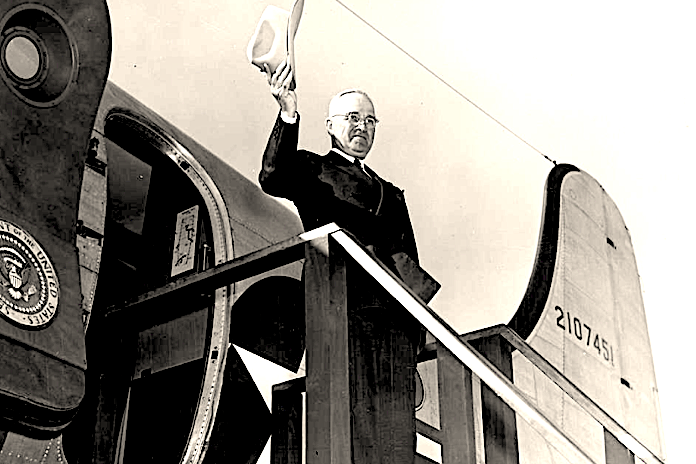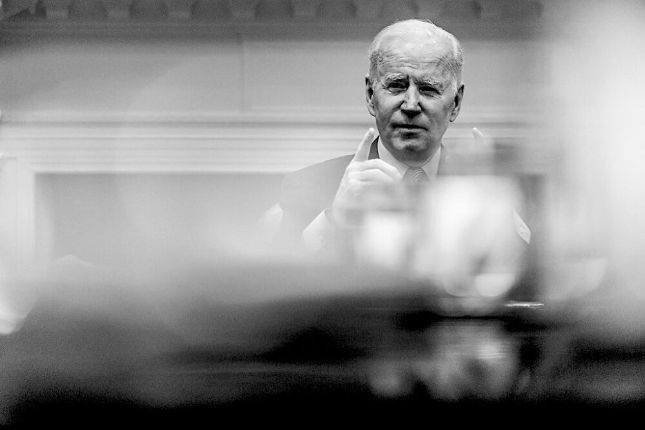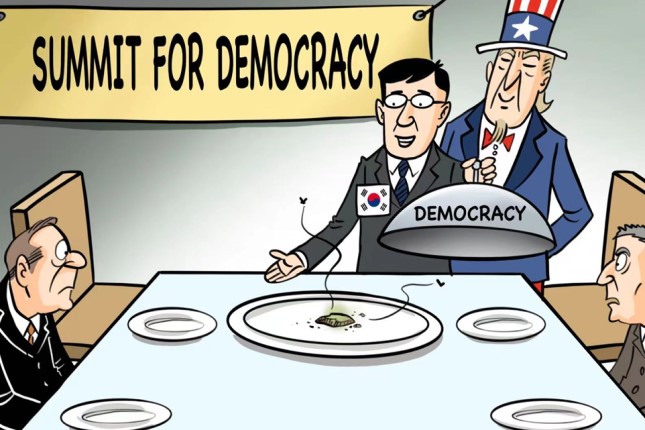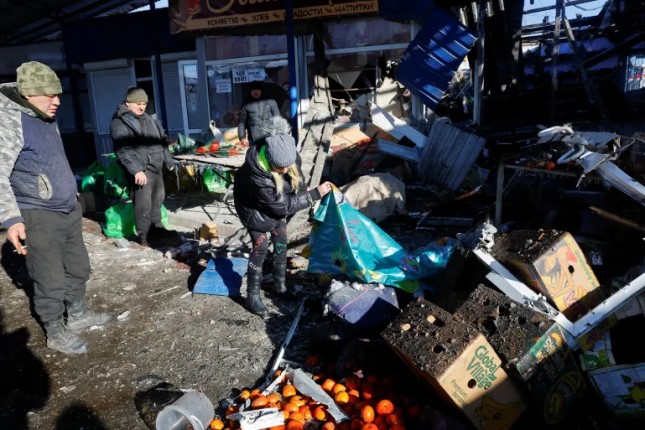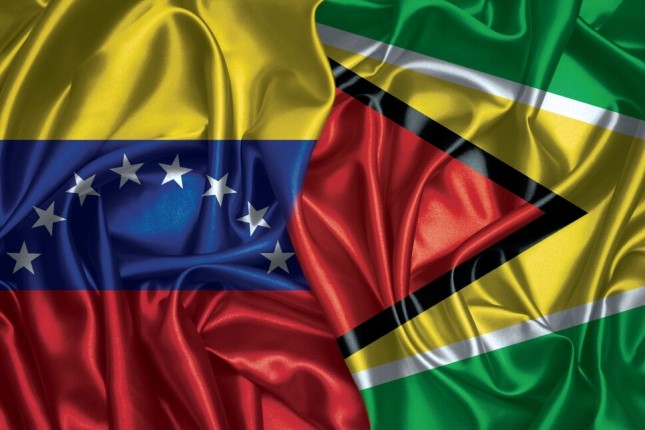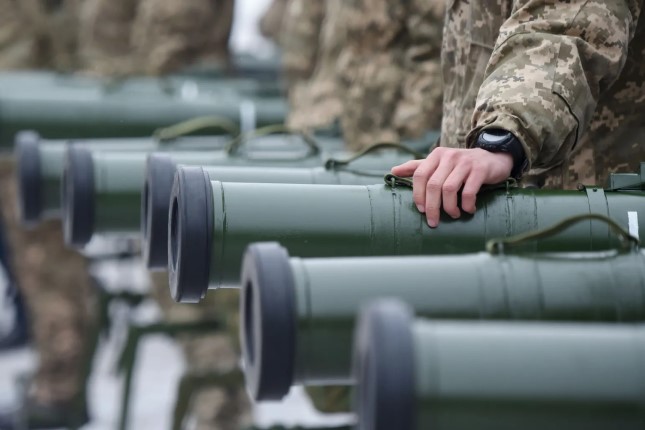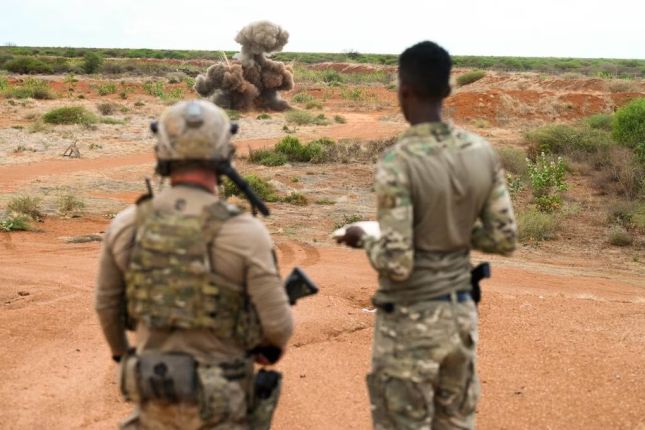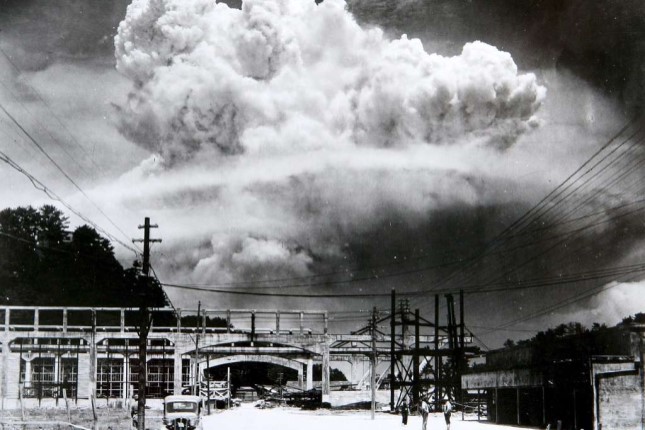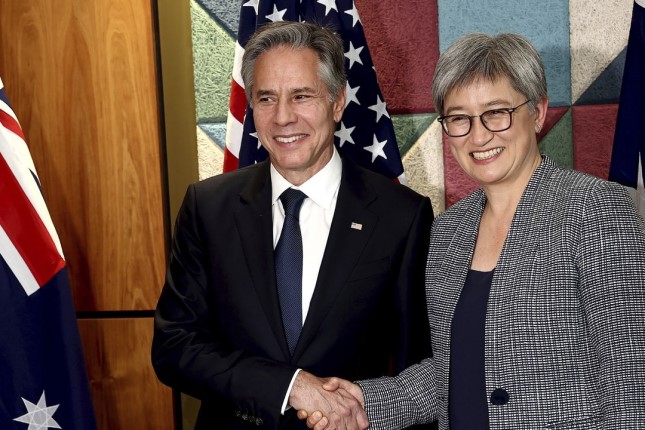If you are a social media user and occasionally join discussions focusing on Slavic countries, you may have experienced something along the lines of the following: as you are having a perfectly innocent chat, say, discussing national cuisines, you type in "in Byelorussia", and just a few short minutes later you receive a scathing remark from someone who is emphatically trying to correct you. "It’s Belarus, not Byelorussia, shame on you for garbling the name of a sovereign nation!" This trend has been so strong and so insistent was the push for pronouncing and writing the name of Belarus exactly as it is prescribed by the former Soviet republic’s constitution that the echo of this insistence has finally reached as far north as the Nordic countries.
On May 29, 2022, the government of Norway posted on its website an official notice that "from now on" Hviterussland (the White Russia) would be referred to as Belarus (the only thing left to do is to retrain Google Translate, the online translation services that at the time of writing had not yet been made aware of the change). Well, have it your own way: if one country wishes to show its respect for another, the easiest way to do it would be to adopt the spelling and pronunciation that resemble as closely as possible the way it is done in that nation’s own national language (the most recent example of this is the United Nations’ agreeing to change Turkey’s official name to Türkiye in all UN documents). Furthermore, considering that back in 2019 and in 2021, Sweden and Denmark, respectively, had already adjusted the way they spell and pronounce the country’s name to closely resemble its Belarussian equivalent, all Norway did was naturally bring this process to a logical conclusion.
But like it or not, regular language users and experts alike are beginning to wonder: why should it be this way and what is really the proper way to say and spell a name like that?
In order to better understand what’s going on, one would be best advised to study in detail the background of the issue in question. Once you begin to get to know what were the names of the various states that once existed on the territory of the present-day Republic of Belarus, you will be surprised to discover that although early proto-states started to evolve there somewhere around the 14th or the 15th century, not a single one of those entities was ever called either Belaya Rus (White Rus) or Belarus. The very early mentions of Belaya Rus can be found in mid-14th century records, but, paradoxically, they all reference lands that were part of the Principality of Moscow. There is a theory that the placename could be tracing its origins to the town of Beloozero that flourished here in the early 13th century if archaeological data is to be believed, and that European diplomats and travellers in the 15th and 16th centuries referred to Moscow’s rulers as princes of White Russia.
In the 14th century, the lands currently occupied by present-day Belarus became home to the Grand Duchy of Lithuania, which used a language known as just Russian. Still, the ethnonym "Byelorussians" had already been in current usage. In the 16th century, the Grand Duchy of Lithuania entered into a union with Poland to create a new state that came to be known as the Polish-Lithuanian Commonwealth. Neither Byelorussia nor Belarus was the names that were in common use in written documents of that era. Still, Poland did start using the name Belaya Rus to denote the Russian lands that Poland owned at the time. Incidentally, another Russian kingdom, the Kingdom of Galicia-Volhynia, had been conquered by Poland by then (by the way, in a nod to Russia’s diversity, written sources also mention two other «Russias», Black Rus and Red Rus).
In the 17th century, after the lands in east Byelorussia became part of Russia, tsar Alexis of Russia’s official title was expanded to include the words "Autocrat of … White Russia".
It is plausible that present-day Belarussians associate the term White Russia that later morphed into Byelorussia, held under the sway of the Tsardom of Moscow, with their homeland’s lack of sovereignty and dependence on another country. But the truth is that Belarus had not been an independent state until the 1990s. It was at first a part of the Grand Duchy of Lithuania, then of the Polish-Lithuanian Commonwealth, and finally, a part of the Russian Empire. And while local inhabitants were referred to as Byelorussians both by the Byelorussians themselves and by the Russians proper, a generally accepted toponym was still lacking. Although Byelorussia as a placename was perhaps a bit more current due to its familiar and productive word formation pattern, the 19th century saw Minsk’s nationalists start giving preference to using a different spelling of their homeland Belarus. Following in the footsteps of their Ukrainian neighbours, they yearned for freedom, independence, and sovereignty.
In 1919, 2 years after the October Revolution of 1917, Byelorussia became the Soviet Socialist Republic of Byelorussia, or Belarus in the local language, a now familiar part of the republic’s name. The Soviet Union in general, and Belorussia, in particular, were largely supportive of bilingualism, and as a result, both names, Belarus and Byelorussia, were on an equal footing usage-wise. The republic’s official language was Russian, giving rise to such translations into English as White Russia and other similar sounding toponymic. That is, at least, what some scholars assert. But was it the case? A single glance at a map would be enough to see that a toponym such as Russia Alba could be found on maps dating as far back as the 16th century, confirming that the European tradition of using the term White Russia predates the history of the USSR by centuries and that this tradition evolved independently of anyone's imperial ambitions. European travellers visited the country and described and recorded what they saw. And, in keeping with the established tradition, they applied this name consistently to whatever entity that happened to occupy this territory at the time. Does this mean that this argument should be used to assert that European languages’ time-honoured tradition of using the terms White Russia or White Rus could somehow be taken as an insult to the present-day sovereign state? To answer this question, one just needs to take a closer look at the usage of ethnonyms and autoethnonyms (i.e. names and self-designation of peoples and nations) and with toponyms and auto-toponyms in Europe per se. A very telling point in case is Germany and its inhabitants, the Germans. Not a single Romance language uses the same name for Germany that its inhabitants call it in the German language. The same goes for the self-designation of the Germans as an ethnicity. Is this somehow embarrassing to the Germans? Not at all. At the very least, no one has ever heard Germany demand that its name's translation into other national languages is changed to Deutschland. That is what national languages are expected to do, to act as keepers of their nations’ traditions.
But what about Belarus? Some countries are prepared to give up their linguistic traditions and change the way they call the republic to something that sounds similar to its autoethnonym. What will Belarus stand to gain from this name change? This could perhaps be conducive to simplifying paperwork. Or maybe not. And what does it stand to lose then? A bit of its history is preserved in other peoples’ languages as an indication of its geographic origins. While it is true that Europe’s geography is not taught or studied very thoroughly in all countries, people at least have an idea of where Russia is (because of its huge size), meaning that they would probably figure out where on the map they should be looking for the other Russia. By contrast, locating an entity called Belarus may be a daunting task for some.
Ultimately, though, each country is entitled to make its own choices in matters such as this. Out of a linguistic habit, many in Russia still choose to call their country's neighbour using its old name, Byelorussia. That said, the standards of the Russian language and other rules dictate that it be solely referred to as the Republic of Belarus in all written documents. Most likely, Norway will find itself in a similar situation afterwards. After all, Norway is a long way from Belarus, people don’t talk about it every day, and they will probably find it easier to change their habits. But the real question is whether it is likely to affect the relations between the two nations in any way. That remains to be seen.
